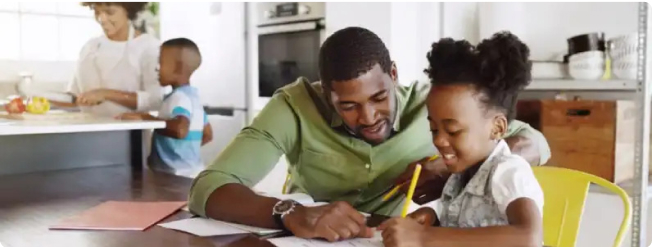Find out if you could be a foster carer
In a few simple questions, you’ll know if you’re suitable to apply to become a foster carer.
It’s supposedly ‘the most wonderful time of the year’, but for foster children, the Christmas period can sometimes feel like the exact opposite. Rather than happiness and warmth, Christmastime can make foster children feel confusion, loneliness, anger and even guilt - all of which can manifest in unfavourable behaviours, especially when the child cannot fully articulate their emotions.
At Pathway Care we’re passionate about hiring a diverse range of carers. The vulnerable children who come into our care arrive from a wide range of backgrounds. Therefore, we never discriminate based on race, gender, relationship status or age. The main priority is finding foster carers who are able to provide a secure, stable and loving home.

